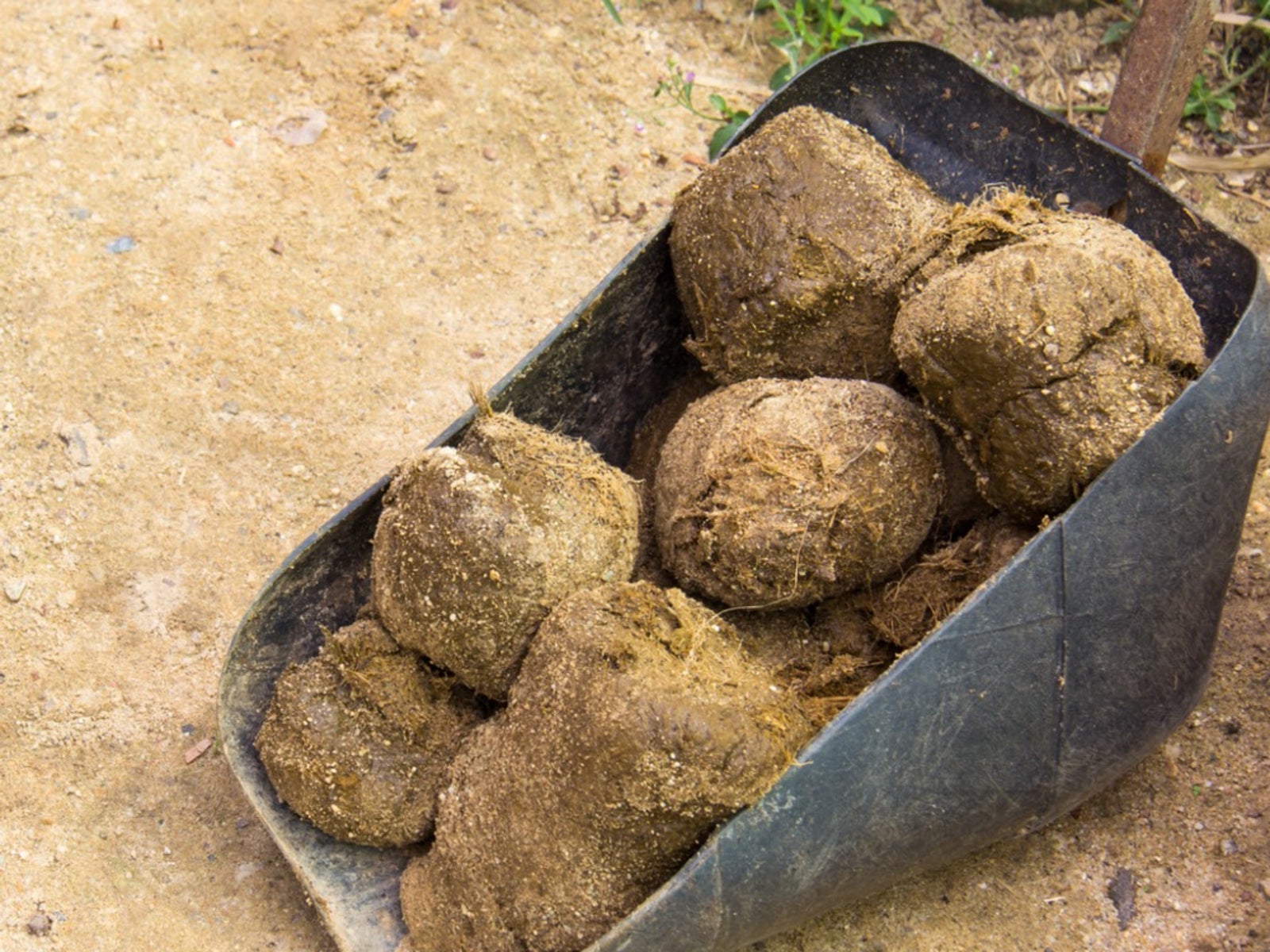What Is Exotic Manure: Where To Get Zoo Manure For Garden Use

Gardens and animals have always had a close relationship. Through the centuries, gardeners have known the value that well-composted animal manure adds to the soil and health of plants. That said, the benefits of zoo poo, or exotic manure, is just as far-reaching. So what is exotic manure? Keep reading to learn more about this zoo manure compost.
What is Exotic Manure?
When animals such as oxen or mules were used to till the soil, they would often fertilize it at the same time. Even the use of human waste, as vile as it may seem, was popular for a time. Although human waste is not used today, the manure of such animals as pigs, steer, cows, horses, rabbits, turkeys, chickens, and other poultry are used in a variety of organic gardening practices. Exotic manure can also be used in the garden where available. Exotic manure is also known as zoo manure compost and consists of the manure from herbivore animals in zoos or rehabilitation centers. It may include elephant, rhinos, giraffes, camels, wildcat, ostrich, or zebra manure.
Zoo Manure Compost
Most types of manure must be aged and completely composted, apart from sheep, in order to be useful in a garden. Fresh manure has a very high nitrogen level and can harm plants and encourage the growth of weeds. Many zoos and animal facilities that house exotic animals compost excrement to make a nutrient dense, organic soil amendment. The manure is collected and mixed in with hay, straw, or wood shavings during the compost process. The benefits of zoo poo are numerous. This entirely organic compost helps the soil retain water and nutrients while improving soil texture. Compost helps to break up heavy ground and adds tremendous biodiversity to the soil. Exotic manure can be worked into the soil, used as an attractive top dress, or made into a fertilizer tea to feed plants just like any of the more traditional type manures.
Where to Get Zoo Manure
If you happen to live close enough to a zoo or animal rehabilitation center that composts their animal manure, you may be able to purchase fertilizer by the truckload. The money these facilities raise by selling the compost goes back into helping to care for the animals. So, not only will you be doing your garden a great service but you can feel good about helping out the animals and supporting the zoo efforts. Look for local animal facilities and inquire as to whether or not they sell their composted manure.
Sign up for the Gardening Know How newsletter today and receive a free copy of our e-book "How to Grow Delicious Tomatoes".